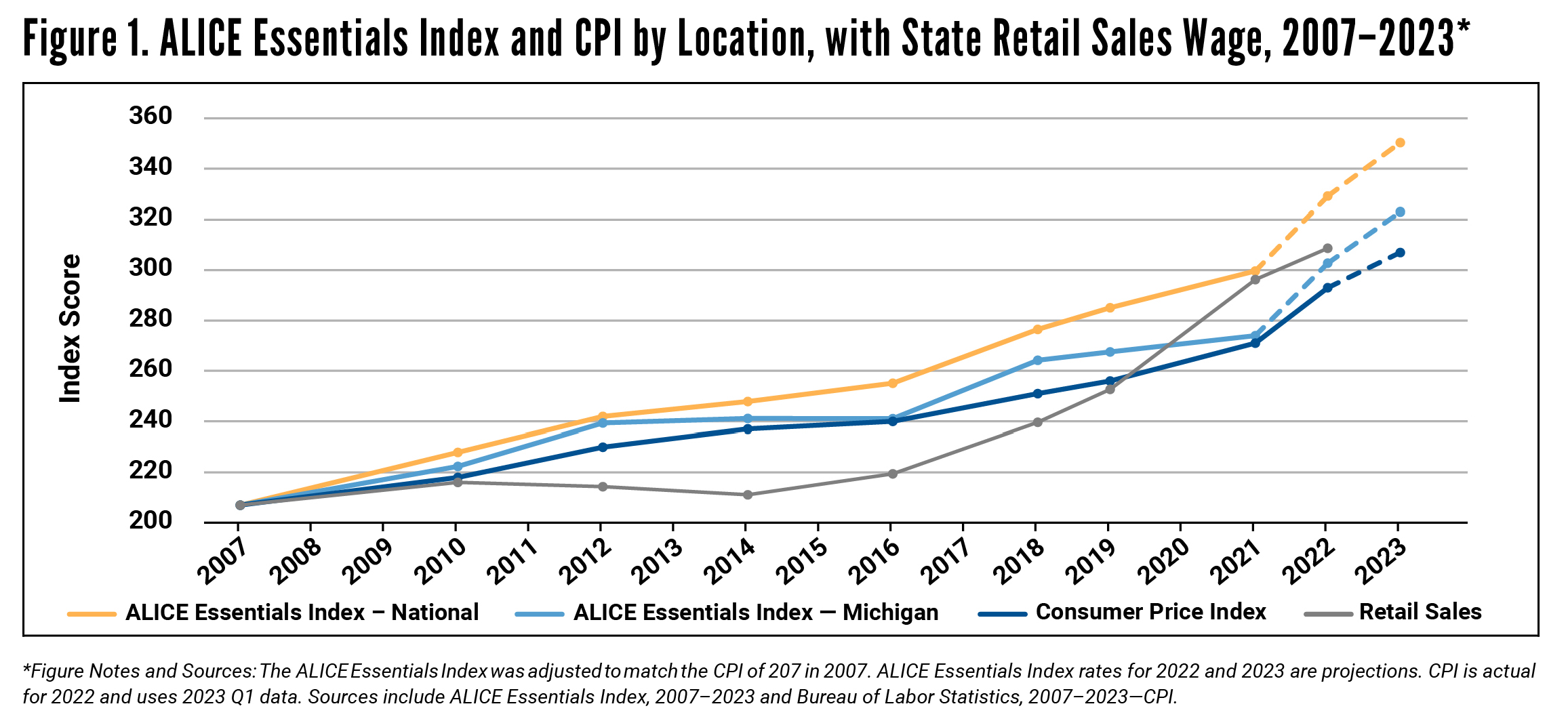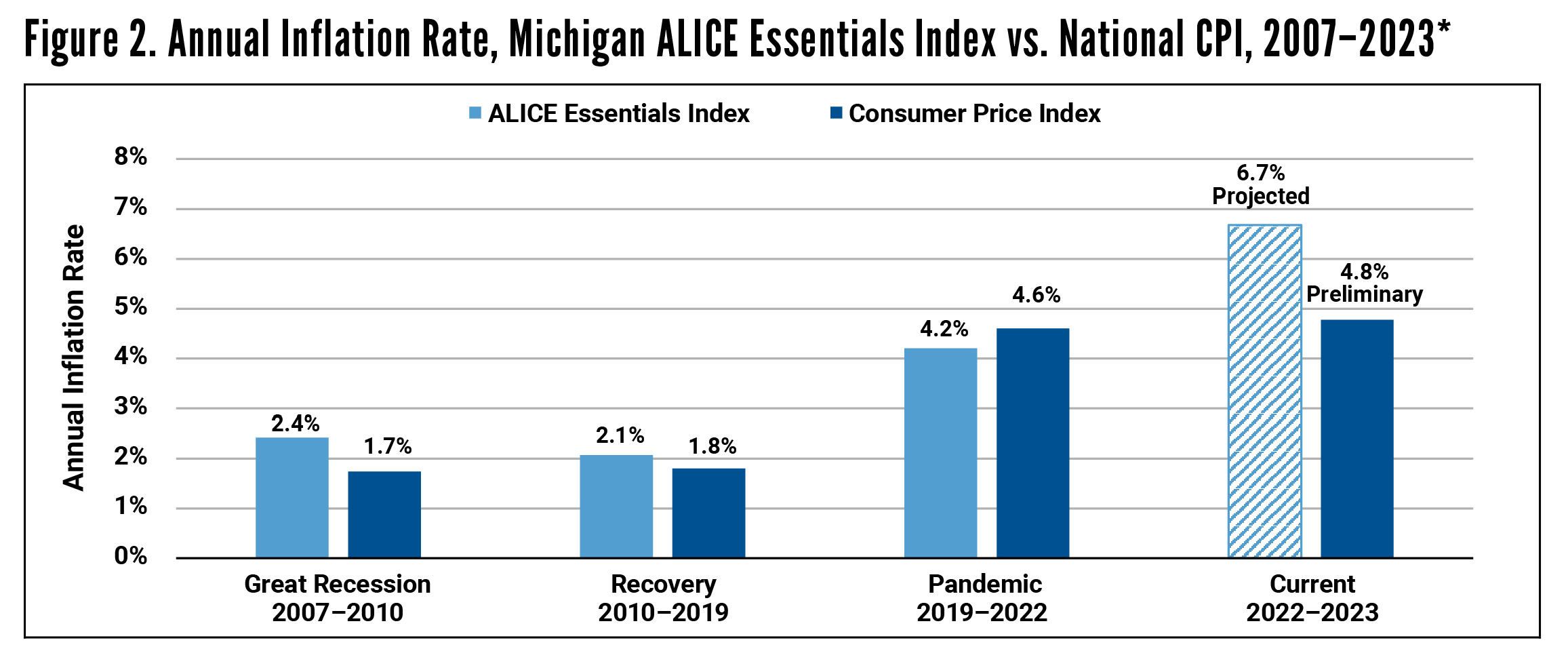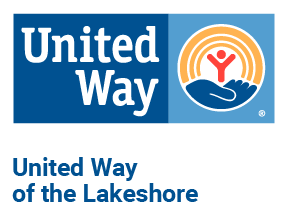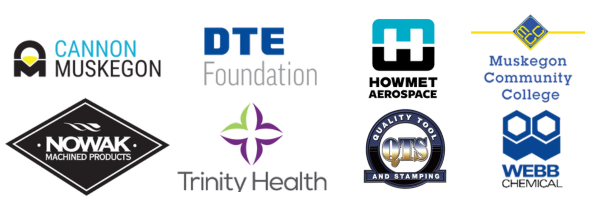
Essential ALICE workers aren’t buying luxury power boats. They’re just trying to afford dinner.
There are dueling storylines about America’s workers in recent headlines and both are true. Inflation has cooled, unemployment is low and wages have grown. In contrast, 5 million households are behind on rent and 401K hardship withdrawals rose 36%.
There are two starkly different economic realities in America. There’s one in which middle- and high-wage workers saw savings and wealth increase throughout the pandemic. And there’s another for those working in low-income jobs, whose wages stagnated over 15 years. These essential workers were locked out of the economic booms and are still reeling from another battering sustained during the pandemic.
United Way of the Lakeshore asks leaders from the boardroom to the statehouse to join us in using our ALICE data to drive innovative solutions and on-the-ground impact needed to create change for these low-wage workers we call ALICE (Asset Limited, Income Constrained, Employed).
Because while ALICE workers were recognized for their heroics during the pandemic, they continue to struggle to afford the basics for their own families. Their storyline hasn’t improved.
ALICE workers were always living here and delivering for us – as our child care professionals, home health aides and delivery workers. Though they earn above the Federal Poverty Level, their wages are not enough to cover the rising costs of housing, food, child care, health care, transportation and a smartphone – the essentials needed in today’s modern economy.
The outdated and incomplete measurements our country uses to document financial hardship have distorted how we understand the challenges facing these hardworking Americans as they strive for financial stability.
The poverty level vastly underestimates how many households are experiencing hardship. Our latest ALICE report, produced with our research partner United For ALICE, demonstrates that in addition to 13,124 households in poverty, another 27,943 families simply weren’t earning enough in 2021 to afford the basics along the Lakeshore.
And while the Consumer Price Index (CPI) is a valuable economic tool, it doesn’t tell the full story of the impact of rising costs on ALICE. It measures inflation by tracking the cost of more than 200 goods and services, including luxury items.
But ALICE doesn’t buy luxury power boats or scuba diving equipment. ALICE workers are just trying to feed their families three meals a day, live in a safe neighborhood and access quality, affordable child care.
That’s why United For ALICE recently debuted a companion inflation index, the ALICE Essentials Index, which shows both at the national and state levels how the cost of essentials rose at a far faster rate than the CPI lets on.


Over the course of 15 years, the Index found low-wage jobs couldn’t keep up with the increased cost of essentials, even with some modest wage growth. Workers in retail sales, one of the most common occupations in Michigan, saw an average $18,700 loss of purchasing power — more than a year’s earnings.
Relying solely on the CPI to determine increases in the poverty level, Social Security, Medicaid, and nutrition support such as the Supplemental Nutrition Assistance Program has had damaging consequences, leaving many without a safety net in the face of an emergency.
Our United Way is showing up for ALICE, filling some resource gaps, but we alone cannot bring ALICE households to financial stability. With these new, comprehensive ALICE tools at our disposal, we invite you to join us:
- Advocate for a stronger Child Tax Credit at both the state and federal level. As elected officials hold town halls across our state ask them to expand the Child Tax Credit, a proven strategy for lifting children out of poverty and setting them up for greater opportunities in life.
- Volunteer with us to help low-income families access IRS-certified, free tax preparation services that ensure they claim credits they have earned, pumping refunds back into our state's economy. This fall, United Way's partner and host of our community's VITA program, Goodwill Industries, will be offering free training to become a volunteer tax preparer.
- And add your voice and leadership to our national movement which now spans 28 states, with corporate, foundation and government partners who not only are calling for action but taking action with us.
If we are united in purpose for our essential workers, together we can write a new storyline that puts financial stability in reach for ALICE, improving life for all in our state.
And there’s no better way to celebrate America’s workers than that.

